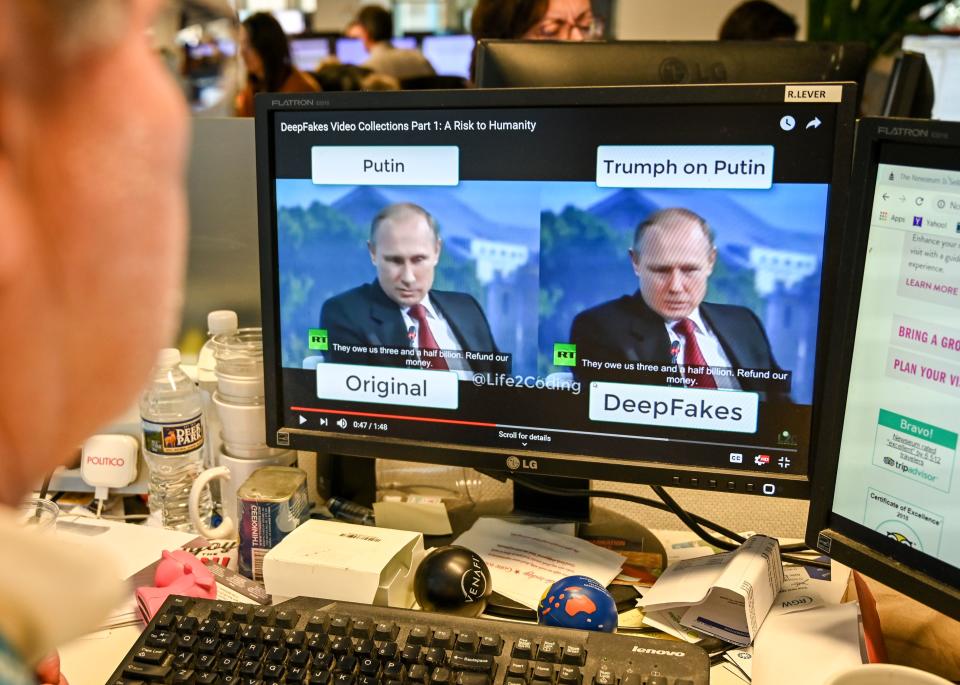Instagram to become a bigger source of fake news than Facebook, new report warns

The front line is shifting in the battle against fake news, a new report has warned - and Instagram could be the biggest new threat.
A report by NYU's Stern Center for Business and Human Rights suggests that memes on Instagram could be a bigger threat than ‘fake news’ on Facebook in America’s upcoming 2020 presidential election.
The report also warns of the potential danger posed by ‘deepfake’ videos: manipulated footage created by machine-learning algorithms, as a vehicle for fake news.
“Disinformation poses a major threat to the U.S. presidential election in 2020, with the potential to swing the result in a close race through new and updated tactics,” said Paul M. Barrett, deputy director of the NYU Stern Center.
Read more
Mark Zuckerberg ‘is the most dangerous person in the world’
WhatsApp and Instagram ‘to be renamed’ by owner Facebook
Facebook, which owns Instagram and WhatsApp and has more than 1.5 billion daily users, has a huge influence in many countries and has been criticised for allowing misleading posts and so-called "fake news" on its service.
But as Facebook faces increasing scrutiny, Instagram could become a more powerful vehicle for fake news, the report suggests.
The authors warn that the Russian Internet Research Agency actually had more engagement on the photo app during the last election.

The report said: “Instagram, more than its parent Facebook, will be the vehicle of choice, for people who wish to disseminate meme-based disinformation.
“Deepfakes threaten to cloud reality at a time when the existence of objective facts has increasingly been called into question.”
Facebook has faced repeated scandals over privacy - including a data leak affecting 30 million people, the Cambridge Analytica scandal, and controversy over “fake news”.
Author David Kirkpatrick, who Mark Zuckerberg encouraged to write the 2010 book The Facebook Effect, warned that advertisers could start to shun the platform.
Research last year suggested that young people are deserting Facebook.
A survey from Pew Foundation found that the top website among kids aged between 13 and 17 is YouTube, which was used by 85% of the teens involved in the study.
In second place was Instagram (72%) followed by Snapchat (79%).

 Yahoo News
Yahoo News 

